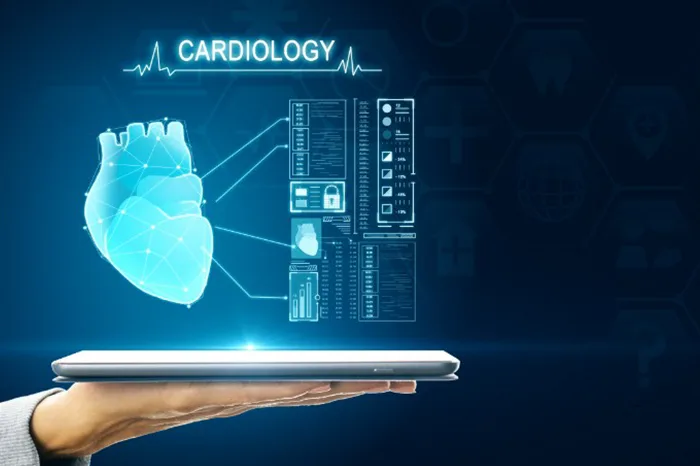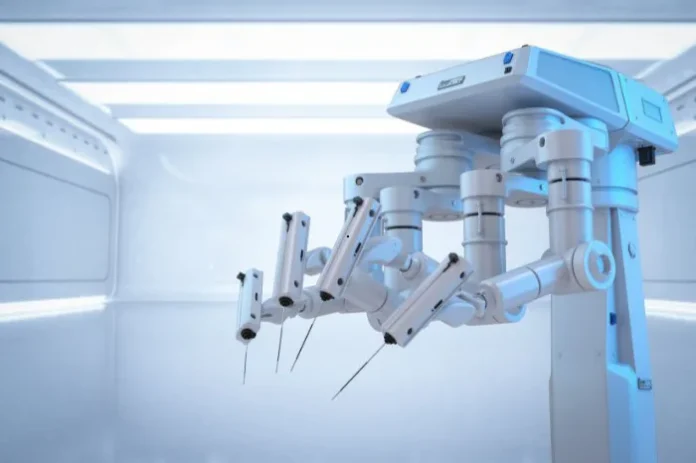Medicine is a constantly evolving field, a feature that is necessary for the continued provision of optimal care. One particular area that has recently seen lots of exciting developments is the surgical field.
In this article, you’ll discover the top 5 ground-breaking tech based developments that have been introduced into modern surgery. Let’s dive right in.
5 Ground-Breaking Tech Based Advancements in Surgery

1. E-learning Platforms
Before the advent of eLearning platforms, upskilling used to be a major headache for medical practitioners, including surgeons. With e-learning, however, the landscape has changed. With this tool, medical professionals, including surgeons, can upskill easily. For example, if you are a student or a surgeon looking for more information on a particular vascular surgery procedure, there are already tons of e-learning resources covering different aspects of the field.
Additionally, these e-learning resources come in many forms like texts, videos, and online tutorship. This, in turn, means that you’ll get to choose the most convenient method of learning.
2. Robotic Surgery
Few surgical developments have generated as much interest as the integration of robotics. Systems like the da Vinci Surgical System, in particular, represent a significant advancement in minimally invasive surgery.
One of the major appeals of robotic surgery is the precision, dexterity, and control it offers surgeons. For example, robotic arms employed in robot-assisted surgeries can manipulate instruments in ways that human hands cannot. This makes them able to make much smaller cuts, resulting in minimal blood loss and scarring.
The application of robotic-assisted surgery isn’t currently widespread yet. However, with refinements, it should be possible to have this innovation deployed into more complex procedures like laparoscopic surgeries.
3. 3D Printing
3D printing has a lot of non-medical uses. However, this technology has also found a lot of innovative applications in modern surgery. For example, some medical establishments use 3D printing technology to create customized implants, prosthetics, and anatomical models tailored to individual patients.
This personalization improves the compatibility of surgical implants and reduces complications.
Aside from this, surgeons can now use 3D-printed models for pre-surgical planning. This makes it easy for them to practice complex procedures and anticipate potential challenges before entering the operating room.
4. Augmented Reality (AR) and Virtual Reality (VR)
The application of augmented and virtual reality in medicine and surgery is very broad. To start with, AR and VR technologies are changing the landscape of surgical training and education. With VR technology, surgeons and medical students get to practice their skills in a fully immersive and risk-free environment.
As an added perk, VR simulations can be adjusted to a wide range of scenarios, virtually eliminating the need for live patients or cadavers. Augmented Reality is used to overlay digital information onto the real-world view of the surgeon.
Thus, it effectively provides much-needed real-time guidance during surgery. This makes it especially useful for low-viability surgical procedures where precision is crucial.
5. Organ Preservation
One key problem that has been affecting surgery is the issue of organ preservation. Organ viability outside a living system is very low… or at least it used to be. Now, however, there have been several important advances in organ preservation techniques. A perfect example is the use of perfusion machines. Consequently, the success rates of organ transplant surgeries are steadily rising.
Conclusion
Beyond the ground-breaking developments explored above, there are still others, like advanced imaging and wearable technology. However, it should be said that widespread adoption is still some way off. Still, it does point to a highly promising future for surgery and medicine as a whole.





